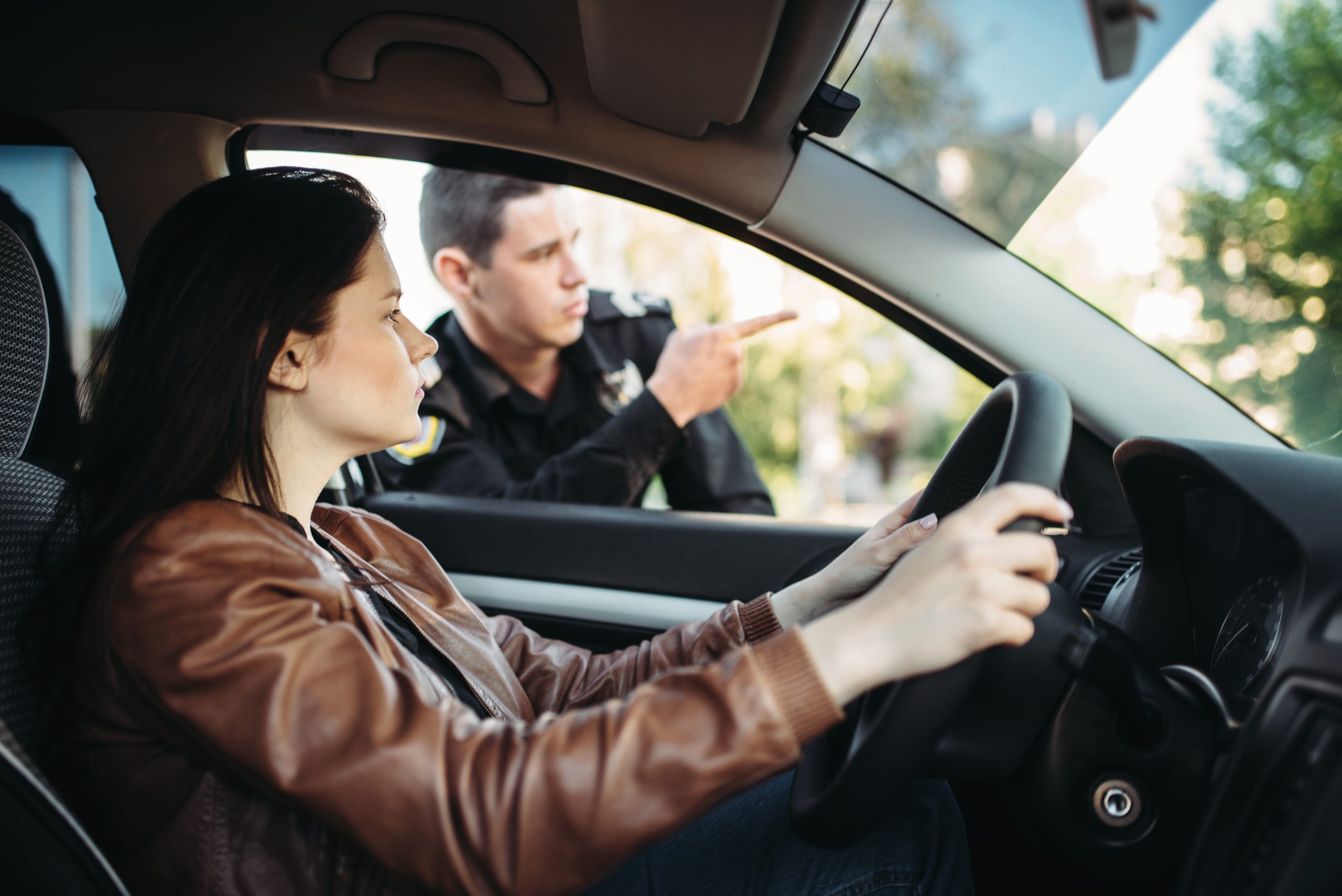Rights of a Passenger in a Stopped Vehicle
It happens hundreds if not thousands of times every day in the State of Florida. A driver is stopped for one of a hundred different possible traffic violations. The driver has at least one passenger with him or her. The passenger did nothing wrong yet he or she is subjected to the same seizure as the driver since they are in the same vehicle. What are his or her rights?
First, for Fourth Amendment purposes, the passenger is seized just as the driver is. As such, they have the same rights as the driver and some of the same obligations of the driver. What do I mean by obligations? Simply that the passenger is not free to leave the scene without permission from law enforcement. They can ask the passenger to exit the vehicle and to keep their hands where they can see them for officer safety.
However, that is about the limits of the officer’s authority over the passenger. As a recent court in Miami held:
But that is as far as courts have gone. “To justify a patdown of the . . . passenger during a traffic stop, . . . just as in the case of a pedestrian reasonably suspected of criminal activity, the police must harbor reasonable suspicion that the person subjected to the frisk is armed and dangerous.” Arizona v. Johnson, 555 U.S. 323, 327 (2009) [21 Fla. L. Weekly Fed. S620a].4 That language derives from the Court’s holding in Terry v. Ohio, 392 U.S. 1 (1968), in which the Court drew a clear and firm line between the reasonable suspicion of ongoing crime that would be sufficient to justify a brief detention, and the reasonable suspicion of armed danger that would be necessary to justify a frisk. The standard for the latter is appropriately much higher, because the invasion of protected Fourth Amendment interests is very much greater.
[I]t is nothing less than sheer torture of the English language to suggest that a careful exploration of the outer surfaces of a person’s clothing all over his or her body in an attempt to find weapons is not a “search.” Moreover, it is simply fantastic to urge that such a procedure performed in public by a policeman while the citizen stands helpless, perhaps facing a wall with his hands raised, is a “petty indignity.” It is a serious intrusion upon the sanctity of the person, which may inflict great indignity and arouse strong resentment, and it is not to be undertaken lightly.
State v. Prieto, 31 Fla. L. Weekly Supp. 339a (Fla. 11th Cir, August 28, 2023).
In Prieto, Prieto was a passenger in a vehicle where the driver was stopped for a seat belt violation. The stopping law enforcement officers were members of the Tactical Robbery Unit. They had no interest in traffic enforcement. They thought something about the vehicle and its occupants were suspicious.
Upon the traffic stop, one of the officers forcibly removed Prieto, the passenger, from the vehicle and searched his person and found a gun and drugs. The Court rightfully held that this was unconstitutional. Prieto had done nothing to indicate to the officers that he was armed and dangerous. The search was based upon nothing more than a hunch. It is irrelevant that the hunch proved correct.
So, in conclusion, if you happen to be a passenger in a stopped vehicle being detained by law enforcement, stay calm and be cooperative. But you don’t have to allow a pat down or search of your person. You have the same rights against self-incrimination. You have done nothing wrong in the eyes of the law and as long as you don’t give law enforcement a reason to suspect anything, you’ll be free to go in no time.
But, if you have other concerns, you might want to look into some legal advocacy from our qualified firm.


